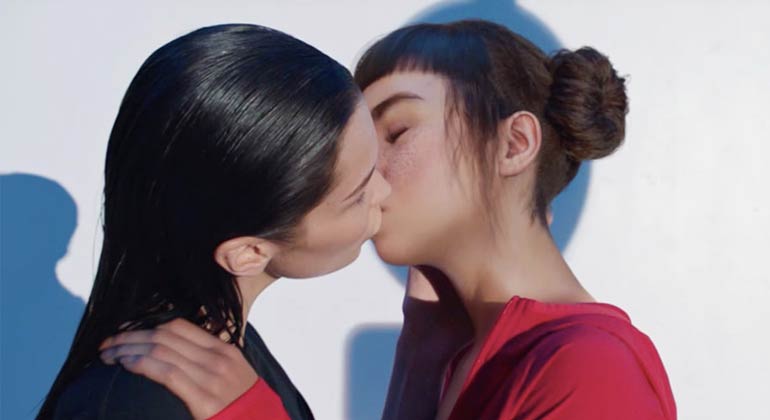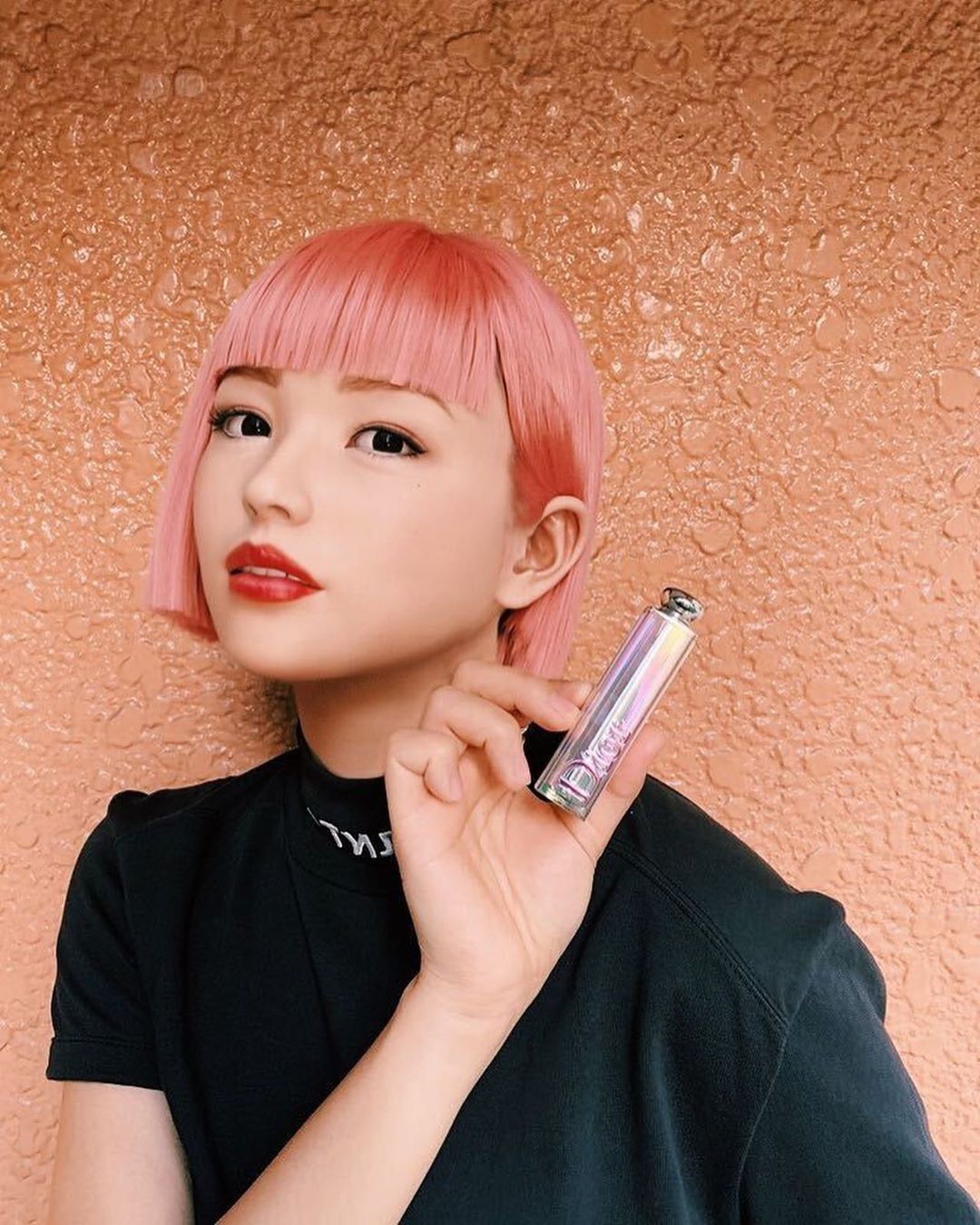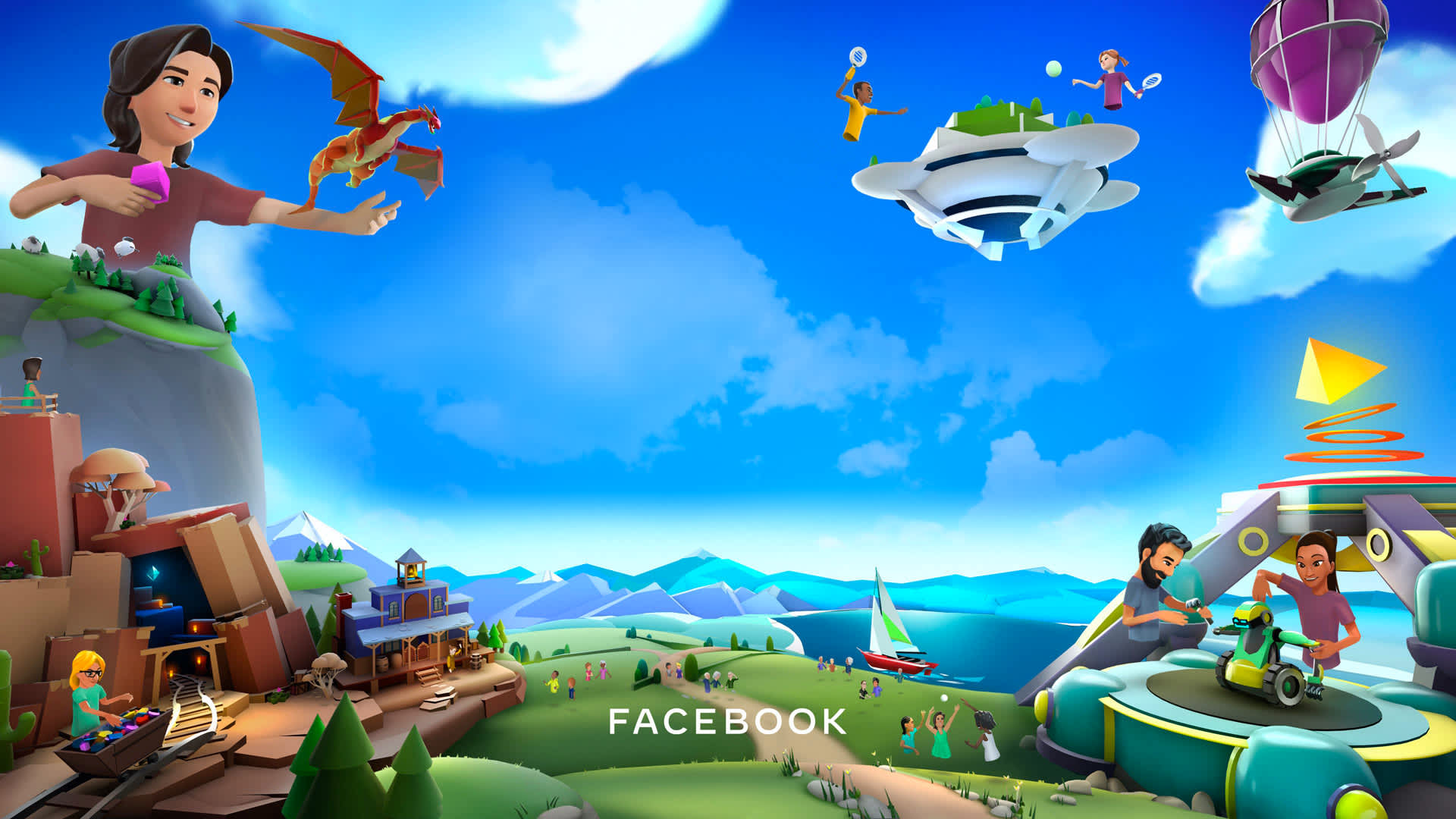Welcome to the brave new world, a world in which computer-generated beings are racking up massive social media followers and advertising products for leading brands such as Porsche and Calvin Klein all the while captivating the attention of millions of social media users around the world.
Virtual influences can be anywhere at anytime and can promote anything without hesitation. The possibilities for advertising opportunities are endless and are part of ever growing field of social eCommerce.
With this paradigm shift, celebrities can be created from scratch, be given personalities, and tell stories of their own. “As virtual humans have become increasingly photorealistic, the line between what is real and what is virtual has become increasingly opaque.” - Coral Capital founding partner and Chief Executive Officer James Riney said in Aww’s announcement.
Lil Miquela is one of the most well known virtual influencers. The young model and musician have 2.7 million followers on Instagram, has worked with Prada, and her single “Not Mine” has almost 800,000 plays on YouTube. She has even made out with the real life super model Bella Hadid in a Calvin Klein commercial.

Some of the most realistic renditions are created by Aww Inc. A Japanese startup whose virtual influencers have graced advertising campaigns for the likes of Porsche and IKEA has raised $1 million in a seed round from Coral Capital.

Shudu, created by a former fashion photographer, claims to be the "world first digital supermodel". The company behind Shudu have since gone on to create several more virtual influencers, one of the strangest being Galaxia a "beyond human character concept".
Even KFC has jumped on the bandwagon with a sophisticated virtual version of Colonel Sanders.

Right now, most of the action is happening on Instagram. It has been over ten years since people realised that even a relatively modest social media following can be monetised as brands will pay for ads that come with a personal touch. Now, entrepreneurs have figured out you can manufacture micro-celebrities with computer graphics, and fans will still follow. For brands, virtual influencers offer message control and flexibility without the messiness of dealing with real personalities.



